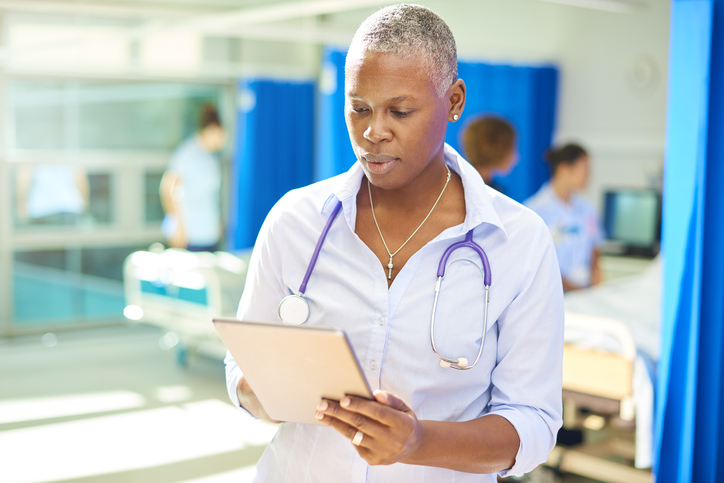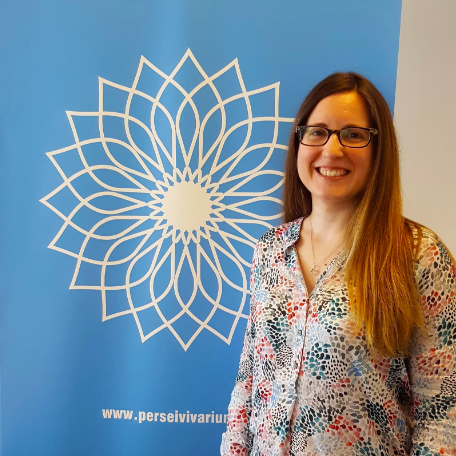Technology and the patient are keys to the future of clinical studies
by Ángel Pablo Barrera and Lucía Domínguez, July 24, 2019

Today no one would imagine starting a new treatment without having previously tested its safety and effectiveness with rigorous, reliable, scientific studies, and the results approved by the relevant healthcare agencies (FDA, EMA, etc.) for introduction into the market.
This has always been the primary reason for setting up clinical trials: to obtain results that measure the effectiveness and safety of a pharmaceutical product or medical device. However, currently there is a growing emphasis on complementing that approach with studies based on Real-World Data (RWD), which have enormous potential and have attracted great interest. This is reflected in a study by Deloitte that found that 90% of international pharmaceutical companies are carrying out or plan to carry out studies based on RWD.
The RWD studies gather data about treatment, patients (data provided directly by the patient and the physician), and diseases in a non-experimental context. That is, they capture results that have not been taken into consideration in a protocoled study, and that come from the real life of the patient during their treatment. Those studies, according to the EMA, can benefit all the stakeholders involved in the development and use of the medications (from patients to regulatory entities), by providing a more holistic view.
To capture this information, researchers are beginning to incorporate the perspective of the individual patient by means of quality-of-life surveys and personalized monitoring that allow them to obtain results that are highly relevant and impactful in the long term, complementing traditional clinical trials.
During this process of data collection, new technologies are playing a key role, facilitating this capture of patient information, primarily through mobile applications that are made available to the patients in order to incorporate the information about their disease in a quick and easy way.
At Persei vivarium we are paying special attention to the significant potential in the combination of traditional clinical trials and the information provided by the individual patient (patient-reported outcome measures and patient-reported experience measures: PROMs and PREMs). We are working to facilitate this work by means of our technology, which enables studies carried out through our platform for management of the clinical investigation (ReseaArch®) to complement the patient’s view from our Caaring® app.
Technology provides us the opportunity to better understand how patients are living with their disease and treatment, incorporating their real life data and their experience into the clinical studies. Now we need to take advantage of this potential to generate information and quality studies that can provide value to all the participants involved in the healthcare environment, with the same purpose: to improve the approach to and understanding of the diseases and, above all, the patient’s quality of life.
Share

Ángel Pablo Barrera
Business Development
Persei vivarium

Lucía Domínguez
Project Manager
Persei vivarium
